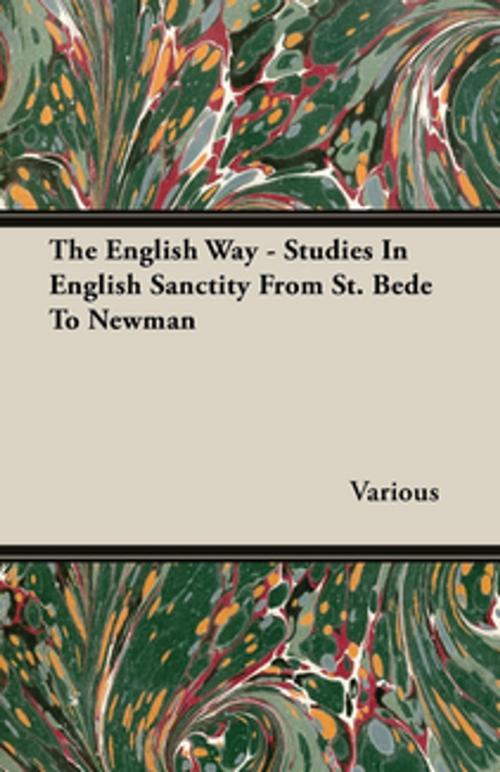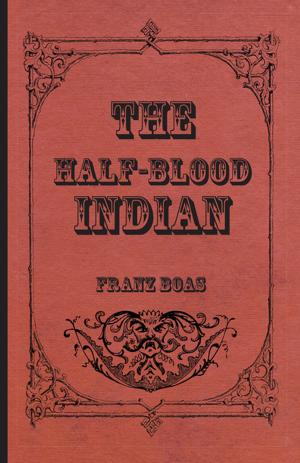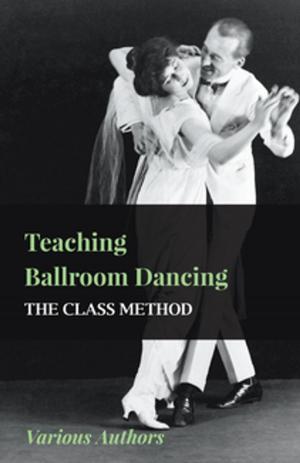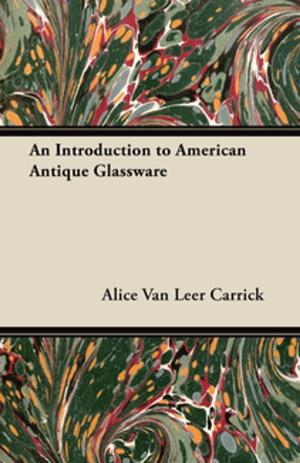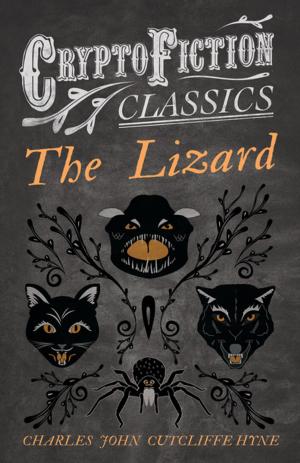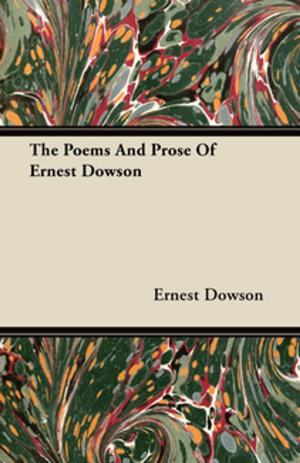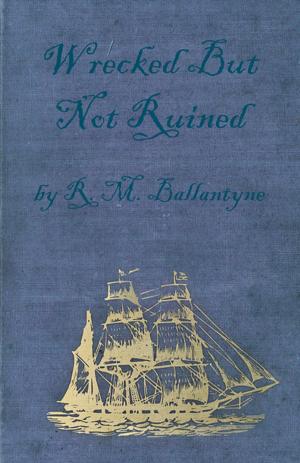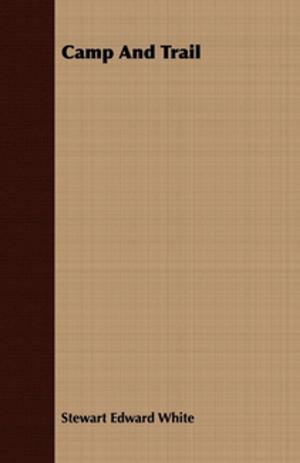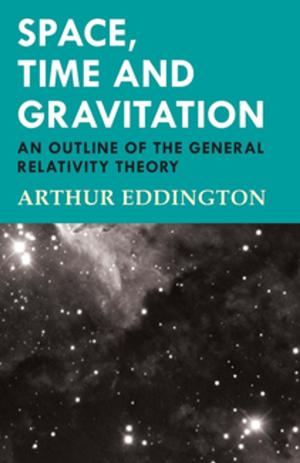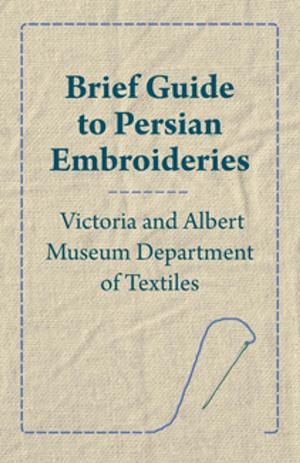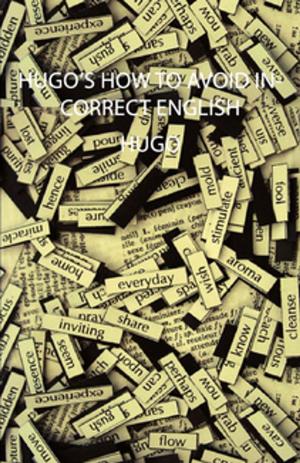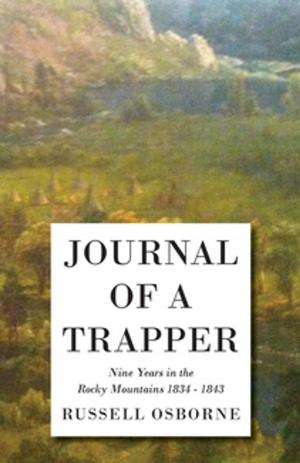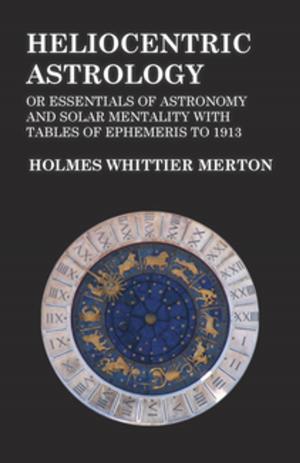The English Way - Studies In English Sanctity From St. Bede To Newman
Nonfiction, Religion & Spirituality, Christianity, Church, Church History| Author: | Various | ISBN: | 9781473350489 |
| Publisher: | Read Books Ltd. | Publication: | September 6, 2016 |
| Imprint: | Gleed Press | Language: | English |
| Author: | Various |
| ISBN: | 9781473350489 |
| Publisher: | Read Books Ltd. |
| Publication: | September 6, 2016 |
| Imprint: | Gleed Press |
| Language: | English |
This book does not attempt to analyse the English Way of being Catholic, but to present certain characters, certain ideas, from which the reader may make his own analysis and paint his own picture. The various writers have chosen characters who in their opinion are very English and very Catholic. There have been two sharp breaks in the national life—the first was at the Norman Conquest; the second was at the Reformation, when the national and religious life ceased to flow in the same full stream. But something remained unchanged right through. Phrases from Mr. Chesterton’s study of Alfred the Great would find themselves at home in the study of Challoner: “supremely the type that proves to the world what is called a fanatical fixity of faith without fanaticism . . . in which solitary and supernatural conviction expresses itself in energy but not often in ecstasy”: “There is always something about him indescribably humble and handy, like one who unpretentiously hammers away at an inherited task.” “What we call England,” says Mr. Belloc, “was made, grew from, began, upon a Sussex hill in 1066. Not that the blood which we call English began then and (God knows) not the landscape nor the deep things which inhabit the native soul. All these are immemorial; the English imagination, the English humour, the English Englishry is from the beginning of recorded time.” Those “deep things which inhabit the native soul” make in each land its own special “Way” of being Catholic.
This book does not attempt to analyse the English Way of being Catholic, but to present certain characters, certain ideas, from which the reader may make his own analysis and paint his own picture. The various writers have chosen characters who in their opinion are very English and very Catholic. There have been two sharp breaks in the national life—the first was at the Norman Conquest; the second was at the Reformation, when the national and religious life ceased to flow in the same full stream. But something remained unchanged right through. Phrases from Mr. Chesterton’s study of Alfred the Great would find themselves at home in the study of Challoner: “supremely the type that proves to the world what is called a fanatical fixity of faith without fanaticism . . . in which solitary and supernatural conviction expresses itself in energy but not often in ecstasy”: “There is always something about him indescribably humble and handy, like one who unpretentiously hammers away at an inherited task.” “What we call England,” says Mr. Belloc, “was made, grew from, began, upon a Sussex hill in 1066. Not that the blood which we call English began then and (God knows) not the landscape nor the deep things which inhabit the native soul. All these are immemorial; the English imagination, the English humour, the English Englishry is from the beginning of recorded time.” Those “deep things which inhabit the native soul” make in each land its own special “Way” of being Catholic.
